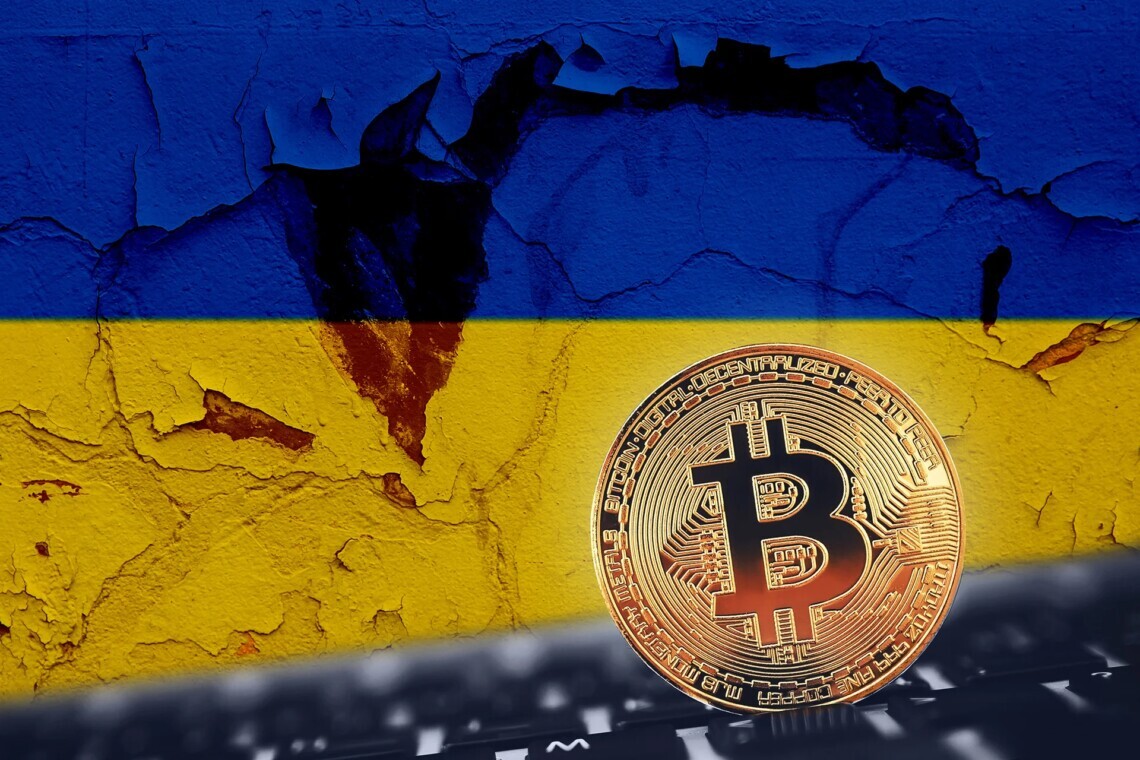
Cryptocurrency Legalization in Ukraine: A Chance for the Market or a Risk for Business Amid War
Verkhovna Rada of Ukraine passed a draft law on the legalization of cryptocurrencies in its first reading, officially launching the process of creating a legal framework for working with digital assets. This decision became significant not only for crypto enthusiasts but also for the state, which has been searching for ways to tax and control the digital finance market for several years.
However, despite the fact that the document is positioned as a step toward modernization, the reaction from the public and experts was mixed. The main question is whether this law will truly support the development of the crypto business or become a tool for pressure and a source of additional risks for an economy already operating under wartime conditions.
One of the harshest critics of the draft law was Mykhailo Chobanian, founder of Ukraine’s first crypto exchange Kuna. In his view, passing this document will not only fail to promote the development of the crypto business but will actually open the door to new forms of pressure on Ukrainian cryptocurrency users.
“There will be more criminal cases against Ukrainians with the goal of confiscation and pressure. The main beneficiaries of this law will be law enforcement agencies. They’ll be able to open cases against the crypto community and ‘resolve issues.’ Some of those funds will end up in the budget, but it’ll only be a small portion.”
Chobanian also points to the unrealistic nature of launching crypto businesses during wartime, when the country suffers from a lack of energy, human resources, and stable banking infrastructure. According to him:
“Let them show schematically which companies can develop crypto businesses during war, when there are no personnel, no electricity, and no working banking system.”
In this way, the business community sees the draft law as a source of confiscation risks, criminal pressure, and bureaucratic blackmail, rather than a guarantee of development or economic stimulus.
A Different Perspective: A Chance to Keep Money Inside the Country
A contrasting view is expressed by Mykhailo Patsan, an expert in international financial markets and cryptocurrencies. He is convinced that there is a strategic need for the legalization of digital assets, and delaying regulation only deepens the loss of potential revenue for the state budget.
According to him, in Ukraine, it is currently not prohibited for individuals to buy or store cryptocurrency, but due to the lack of official status, most transactions take place through European platforms.
“Official operations by Ukrainians are mostly conducted through European companies in Poland, Slovenia, Spain, and so on. Accordingly, the taxes go abroad, and Ukraine gets nothing.”
Moreover, the document opens access to crypto tools for legal entities, which was previously practically prohibited. According to the expert, this could create conditions for the development of innovative banking products, faster transactions, and overall market growth:
“Once the legislation is passed, companies and banks will be able to open accounts in cryptocurrencies. This will open a huge market and allow for the creation of new products based on blockchain, speed up transactions, and make them cheaper. The main mission of cryptocurrencies is the democratization of access to financial assets worldwide.”
At the same time, the expert does not ignore the risks. In his opinion, initial limitations on the volumes of crypto purchases, sales, and withdrawals will be necessary to prevent capital outflow.
“In the future, the issue of control and sanctions for failure to declare will remain difficult. But the risk of currency being withdrawn through crypto still exists, so most likely, additional restrictions on transaction volumes and fund withdrawals will be introduced. Our cyber police knows how to track such transactions.”
Attempt at Balance: What the Draft Law Proposes
The draft law, supported by the Verkhovna Rada’s Committee on Finance, Tax and Customs Policy, includes a number of changes aimed at streamlining the virtual assets market. In particular:
- The regulator may become the National Bank of Ukraine, instead of the previously proposed Securities Commission.
- Asset classification will be simplified only three main categories.
- A simplified licensing procedure is provided for example, for companies that already have appropriate licenses in countries with strong financial oversight, such as Germany.
But this is only part of the picture. The key issue is whether the system of control and regulation will strike a balance between innovation and security.
The Red Line: Cryptocurrency in the NBU’s Reserves
It is worth separately mentioning the initiative of a group of MPs who registered a bill to include cryptocurrencies in the National Bank of Ukraine’s foreign exchange reserves. This idea immediately sparked sharp opposition from the NBU.
Serhii Nykolaychuk, Deputy Head of the NBU, emphasized:
“The vast majority of cryptocurrencies remain high-risk assets, while the key principle of managing international reserves is safety. Sharp drops and spikes in the market value of virtual assets will negatively affect the total volume of reserves.”
The regulator also warns that such a move would not meet EU standards and would conflict with IMF requirements:
“The inclusion of crypto assets in reserves could complicate Ukraine’s EU integration process.”
The legalization of cryptocurrencies is not just a step toward financial modernization it is a test of transparency and the integrity of regulation. The draft law may indeed provide a new source of tax revenue, legalize a gray sector of the economy, and attract tech companies to work in Ukraine.
But without guarantees against arbitrary pressure, without a transparent regulatory mechanism, without a professional and independent infrastructure, it may turn into a trap instead of a breakthrough.
Cryptocurrency is not just a risk. It is a tool. The only question is whether the state can manage it responsibly, and not use it as a lever for additional pressure or financial manipulation. That will be the true test of the maturity of Ukraine’s financial policy.













